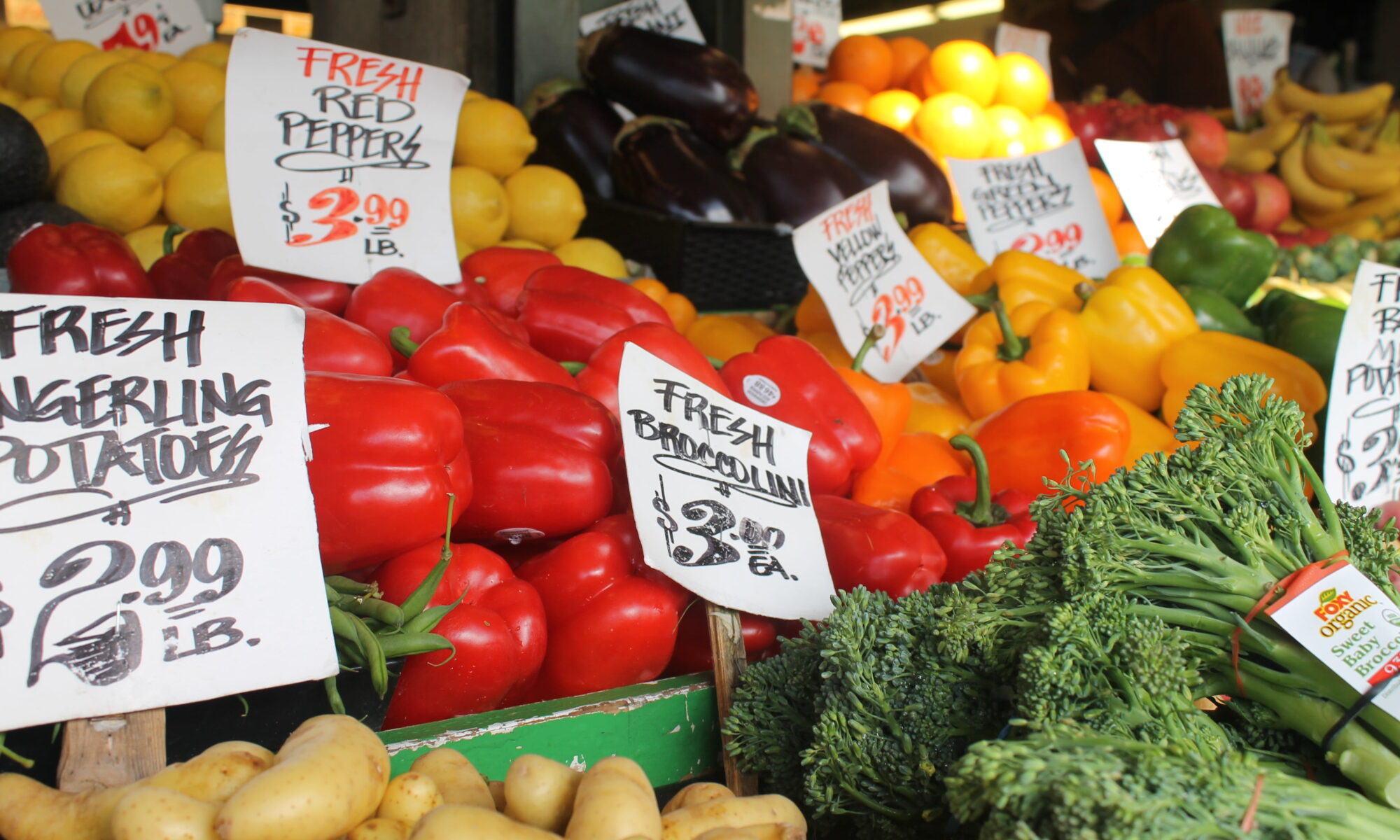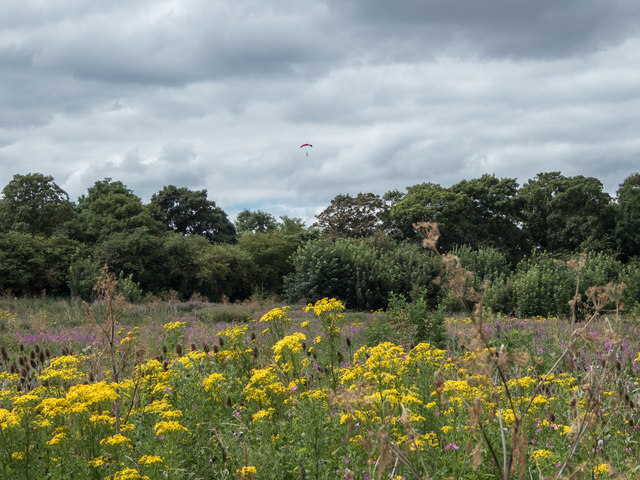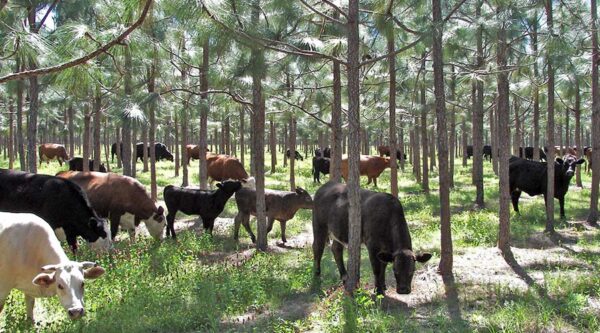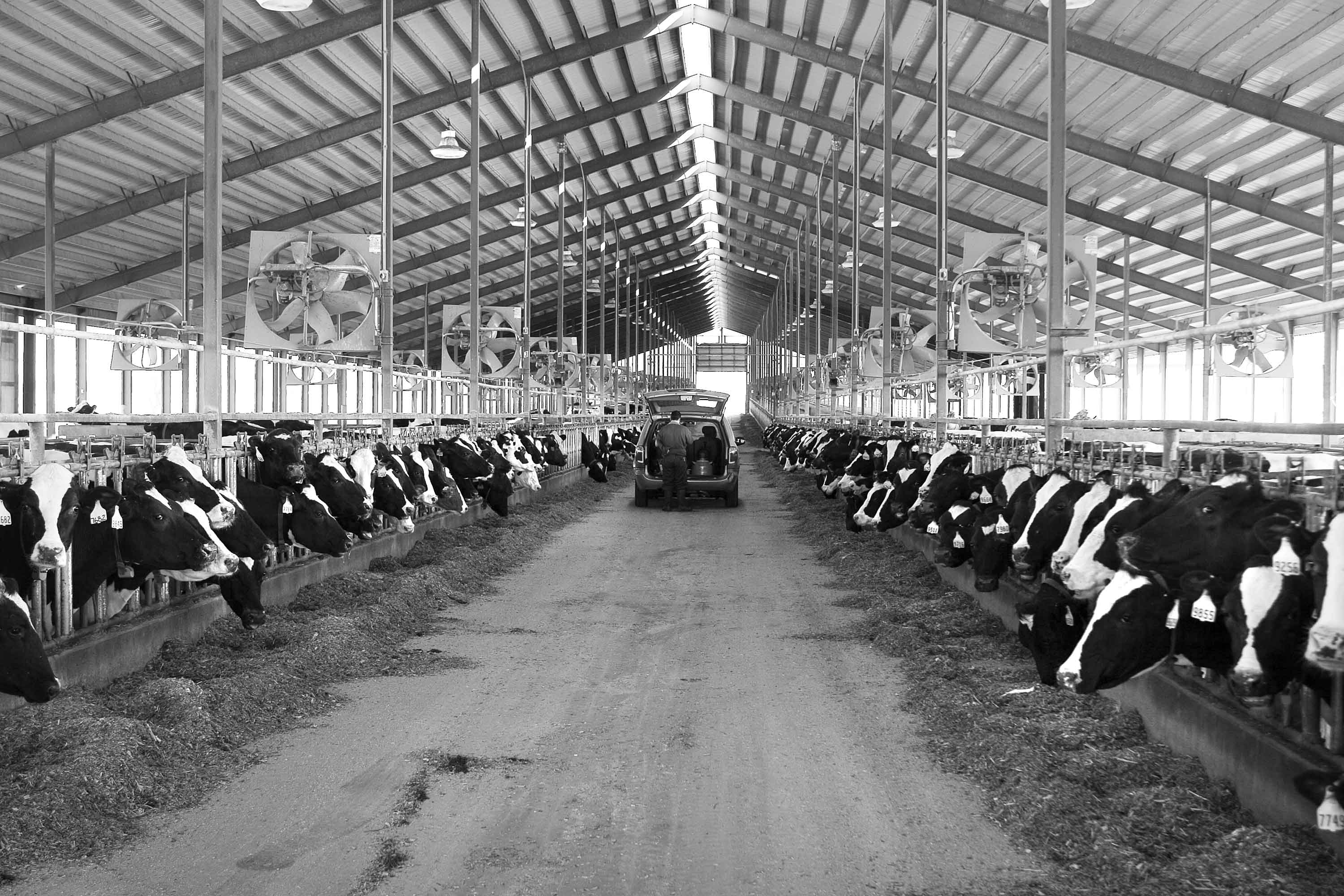The confirmation of Ursula von der Leyen’s nomination as Commission President by the European Parliament today may give the appearance of business as usual in the European Union for the coming political cycle 2024-2029. But this would underestimate the pressures for change under the apparent veneer of stability. The political priorities set out by von der Leyen as she sought support for her nomination on this occasion are subtly different to the Green Deal platform on which she sought support in 2019. This also applies in the area of agrifood policy, an area which has been marked by protests and policy reversals in the last year of her previous mandate.… Read the rest
More on farm-retail price spreads during food price inflation
My previous blog post dealt with trends in the farm-retail price spread at the aggregate food basket level in EU Member States (both for food purchases for at home consumption and for food consumption away from home) based on a new FAOSTAT data series on the food value chain. A key conclusion was that farmers’ share of consumer spending on food tends to fall over time because of the increased quantity and quality of the marketing services added to farm raw materials as living standards rise. A falling farm share in every euro spent on food at retail or food service level is not necessarily an indicator that there is unequal bargaining power and thus an unfair distribution of value added along the food value chain, although neither does it rule out that possibility.… Read the rest
Distribution services take more than half of spending on food at home in EU countries
Anger over the gap between farm and retail food prices has been one of the factors behind the farm protests earlier this year. Particularly when prices at farm level move in the opposite direction to retail prices – more specifically, when retail food prices increase even when farm prices are falling so that margins are increasing – there is suspicion that more powerful players in the food chain are exploiting a period of price volatility for their own benefit. There is a strong belief among stakeholders that farmers’ remuneration can be improved if changes are made to the operation of the food value chain (all of the downstream actors up to and including consumers).… Read the rest
Greater transparency needed in national aids to agriculture
On 2 May 2024, the European Commission adopted an amendment to the State aid Temporary Crisis and Transition Framework (TCTF) to allow Member States to continue to provide aid to farmers affected by persistent market disturbances up to €250,000 to end-December 2024. This followed the European Council’s endorsement in its conclusions following its meeting 17-18 April 2024 of “the proposed extension of the temporary framework on State aid and the possibility to increase the ceiling on de minimis aid for agriculture.”
Following on the European Council’s conclusions, Germany on behalf of 16 Member States informed the last AGRIFISH Council meeting in April 2024 that it was seeking an increase in the de minimis aid amounts for farmers from a total of €20,000 over three years (€25,000 in certain circumstances) to an amount of €50,000.… Read the rest
The European Council’s Strategic Agenda 2024-2029
Two defining events for the European Union take place in the next eight weeks: the European Parliament elections take place on 6-9 June and will determine the balance of power between the various political groups with differing priorities for the future of Europe; and the European Council meeting on 27-28 June will adopt the EU’s Strategic Agenda 2024-29 as well as attempt to agree on nominees for the EU’s top jobs, including the President of the European Commission. The climate organisation E3G has produced a very nice graphic that illustrates the key steps in the political timeline for the rest of this year .… Read the rest
Introducing a tax on agricultural GHG emissions? The Danish case
In its first progress report on EU climate policy published in January 2024, the newly-established European Scientific Advisory Board on Climate Change noted that there is no EU-level price on emissions in agriculture/food, forestry and land use, which suffer from an overall lack of incentives to reduce emissions and increase removals. It recommended that the EU should start preparations now with a view to expanding the pricing regime of EU GHG emissions to all major emitting sectors, including agricultural/food and LULUCF, through a legislative proposal for after 2030.
In November 2023 the Commission published an exploratory study investigating ways to price GHG emissions from agricultural activities along the agri-food value chain and how this could be accompanied by providing farmers and other landowners with financial incentives for climate action.… Read the rest
Long-term structural change in EU agriculture
The reduction in the number of farms and farmers in the EU has attracted increasing attention in this EU legislative period. It has been a distinctive message of the Commissioner for Agriculture Janusz Wojciechowski, who emphasised the ongoing decline in the number of farms in his confirmation hearing before the European Parliament in October 2019 and has regularly highlighted the issue, most recently in his address to the DG AGRI Agricultural Outlook conference last December. It has also been a consistent theme in debates in the European Parliament and in statements by farm group representatives.
I have previously posted on structural change in EU agriculture.… Read the rest
Target-compatible Environmental Payments under the CAP – Economic Requirements and Legal Scope
This guest post is contributed by Prof. Dr. Rudolf Mögele and Prof. Dr. Martin Scheele. Prof. Dr. Rudolf Mögele is Honorary Professor at the University of Würzburg; previously, he was Deputy Director General at the European Commission, DG Agriculture and Rural Development, responsible for three Directorates (Legal Affairs, Audit and Assurance and Markets). Prof. Dr. Martin Scheele is Honorary Professor at the Thaer-Institute, Humboldt University, Berlin; previously, he was Head of Unit at the European Commission, DG Agriculture and Rural Development, responsible for conception and coherence of Rural Development.
Agri-environmental payments reflecting costs incurred and income forgone
In the discussion on the CAP, more and more attention is given to the importance and functioning of environmental and climate-related payments.… Read the rest
What does the Commission’s proposed 2040 climate target mean for agriculture?
On 6 February last, the Commission published its Communication Securing our future: Europe’s 2040 climate target and path to climate neutrality by 2050 building a sustainable, just and prosperous society. The Communication proposes a Union-wide, economy-wide 2040 target reaching 90% net GHG emissions reduction compared to 1990 levels “that will put the EU on an effective, cost-efficient, and just trajectory towards climate neutrality by 2050, as called for under the European Climate Law”.
In fact, what the Climate Law calls for is ambiguous. In recital (30), the Commission should propose a Union intermediate climate target for 2040, as appropriate, at the latest within six months of the first global stocktake carried out under the Paris Agreement and which was concluded at COP28 in Dubai in December 2023.… Read the rest
Who feeds Europe, and how much do they earn?
One of the demands in the ongoing farmer protests is for fair prices and a fair income. But how many farmers are there and what do individual farmers earn? In my previous post, I examined income trends at an aggregate level, both for the EU and for France as a Member State case study. In this post, I want to dig more behind the aggregate numbers to look at how incomes are distributed within the farming sector.
There are 9 million farms (holdings) in the EU. This figure comes from the latest Agricultural Census taken in 2020 (with figures in the inter-census years derived from the Farm Structure Surveys usually taken every three years or so).… Read the rest










